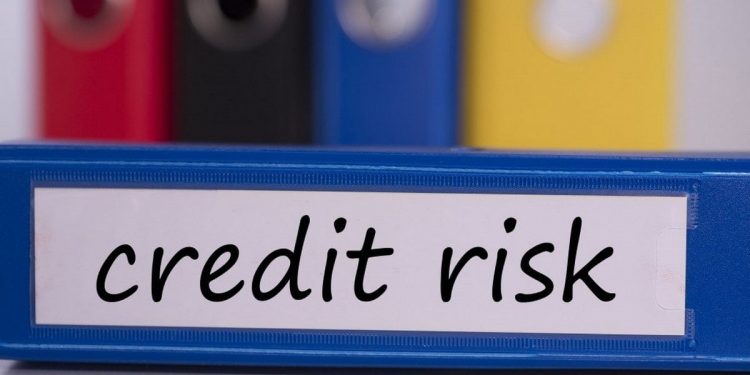Brazilian banks face escalating challenges to credit profiles, with the recent policy rate (Selic) hike in response to growing inflation increasing financing costs for companies and individuals as the risk of a coronavirus resurgence potentially delays economic recovery, says Fitch Ratings.
Financial performance for most banks will likely improve in in 2021; however, higher rates could weigh on bank financial metrics by reducing credit growth, increasing credit costs and pressuring overall returns.
Banco Central do Brasil’s (BCB) recent 75-bp increase in the Selic rate to 2.75% was larger than expected and the first hike since 2015, with the BCB signaling another will occur in May unless the balance of risks for inflation materially changes.
Fitch expects inflation to end 2021 above the BCB inflation target of 3.5%. We expect BCB to raise the Selic rate to 4.5% in 2021 and 5.5% in 2022. However, this remains well below the 14.25% peak five years ago.

Brazil’s interest rates, while rising, remain negative in real terms and low from a historical perspective, with most banks utilizing derivatives to hedge the impact of interest rate risk, which is also factored into loan pricing. According to the BCB’s sensitivity analysis, interest rate shocks greater than 200bps could cause a deterioration to bank equity.
However, Fitch expects the narrowing of lending spreads following the recent and expected rate hikes in 2021 to be manageable, with the ultimate impact dependent on banks’ balance sheet positioning and asset/liability management.
Interest rate hikes pressure bank net interest margins, as deposits reprice more quickly than loans with longer maturities. However, the agency expects deposit rates to remain stable in the near term, as the banking sector accumulated excess liquidity during the pandemic, with a loan-to-deposit ratio of 90.5% as of Sept., 2020, which should help mitigate rising funding costs.
Around 25% of the government’s total local currency debt is held by Brazilian banks. With a higher Selic, the banking sector’s current excess liquidity will likely flow into additional holdings of higher-yielding government debt, which has historically supported bank performance. Nevertheless, rising indebtedness of the Brazilian private sector also increases risks for the banking system.
Credit demand will further weaken as borrowing costs rise, especially for individuals and SMEs with higher debt service burdens, and this will be exacerbated by higher inflation and an unemployment rate nearing 15%. Loan growth will decelerate to around 7% in 2021 from 16% in 2020 as banks adopt more conservative risk appetites and underwriting standards amid a delayed economic recovery.
The service sector accounts for approximately two-thirds of Brazil’s economy, with higher loss rates expected in retail, consumer and SME loans. Household and corporate debt account for 30% and 24% of GDP, respectively. As such, these financial imbalances could amplify the effects of a credit shock or downturn in economic activity.
Loan deferral programs were extended until December 2020, peaking in June with deferral rates reaching 26% of loans. Non-performing loans are expected to normalize, with upward pressure on delinquencies due to weaker borrower debt service capacity. With the expiration of forbearance programs, Fitch expects NPLs to increase to around 4.5% in 2021 from roughly 2.5% in 2020; however, higher rates could result in greater loan quality deterioration.
Interest rate hikes usually support local currency appreciation, which allows for cheaper external funding costs. However, in Brazil, exposure to foreign currency liabilities is very low at 7.6% of total liabilities.
Negative rating actions in the short term due exclusively to an increase in Selic are not likely. The operating environment, which is highly correlated to the sovereign rating (BB-/Negative), considers growth and unemployment expectations and has a high influence on Brazilian bank ratings.








